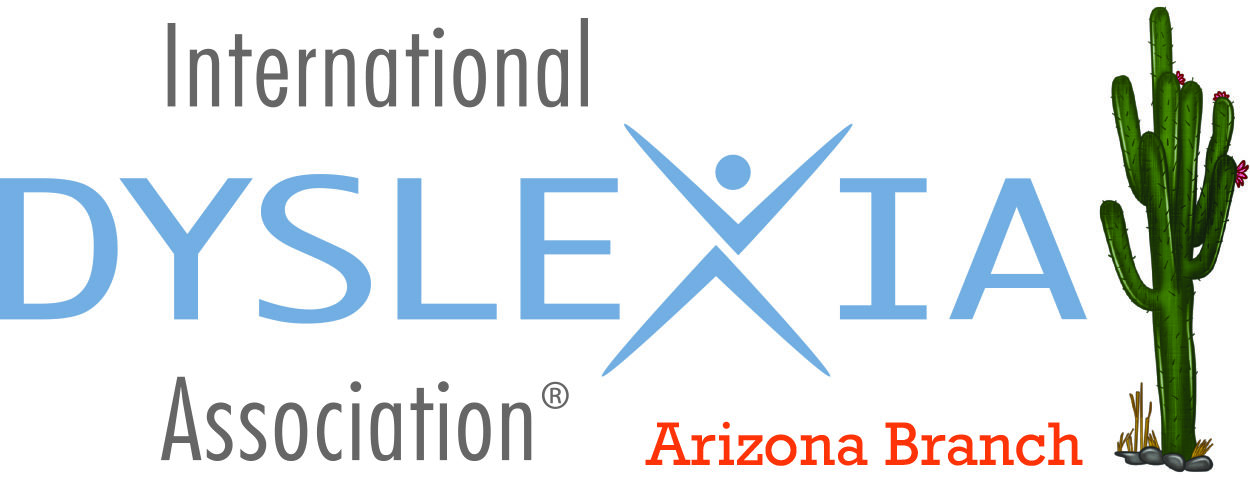{Fake Menu Bar} REGISTER NOW
Session One
Saturday, September 25, 12:30-1:45 PM MST
Screening for Developmental Dyslexia and other Reading Disabilities: The WHY, WHOM, WHEN, HOW and WHERE
Dr. Nadine Gaab
AZ IDA CEUs: ASHA CEUs:
Targeted Audience: Introductory
Description:
The purpose of this session is to address early identification and screening for literacy milestones and reading disabilities, including developmental dyslexia in early grades (pre-K-1st). It will provide the WHY behind the screening movement with a strong focus on the neurobiology of reading development and reading disabilities. It will introduce the ‘Dyslexia Paradox’ and will further outline the important constructs to screen for with a developmental lens and discuss practical steps for implementing a screening protocol in various educational settings. The session will conclude with an overview of different screening instruments and criteria for picking the optimal screening tool and approach as well as a discussion about the educational and clinical implications of screening young children
Learning Objectives:
Participants will:
- Understand the neurobiology of typical and atypical reading development
- Understand the WHY, WHOM, WHEN, HOW and WHERE of screening for dyslexia and reading difficulties
- Learn how to develop a screening approach for an educational setting and understanding challenges and decision frameworks
Disclosure:
Jennifer May White
Why English Language Learners Struggle with Reading: Is It Dyslexia?
Suzanne Carreker, Ph.D, CALT-QI
AZ IDA CEUs: ASHA CEUs:
Targeted Audience: Introductory
Description:
The purpose of this session is to explore how Structured Literacy instruction provides solutions for to support struggling English Language Learners learn to read well. There are many benefits to becoming both bilingual and biliterate. When English Language Learners (ELL) struggle with reading and writing in English, it is important to identify each student’s strengths rather than focusing only on what they’re lacking. Proficient reading for all students depends on accurate word recognition and robust language comprehension. By looking at both an ELL’s areas of strengths and areas of weaknesses in English and in their native language, educators can better determine why they are struggling with reading. Are they struggling because of language-related issues, or are they struggling because of dyslexia? Knowing students’ areas of relative strengths and weaknesses creates learner profiles that help educators personalize instruction. In this presentation, we will explore the causes of non-proficient reading such as dyslexia.
Learning Objectives:
Participants will:
- Understand the characteristics of dyslexia.
- Review learner profiles that inform personalized instruction.
- Understand how Structured Literacy instruction meets the needs of all students.
Disclosure:
Executive Functioning and its Role in Literacy Development
Tera Sumpter, M.A., CCC-SLP
AZ IDA CEUs: ASHA CEUs:
Targeted Audience: Intermediate
Description:
The purpose of this session is to understand how Executive functioning plays a critical role in the overall learning process as the all-encompassing regulatory system of cognition. Deficits in executive functioning impact all aspects of learning, including reading development. In this presentation, attendees will learn about the integrated nature of cognition, executive functioning skill clusters such as working memory, their role in the literacy process, and ways to support executive functioning in struggling readers.
Learning Objectives:
Participants will:
- Understand the role that executive functioning plays in the learning process.
- Learn the various executive functioning skills based on the skill cluster model of executive functions.
- Understand how to identify the cognitive processing areas involved in literacy development.
- Learn techniques for supporting and improving executive functioning in struggling readers.
Disclosure:
Share this page with your friends…

